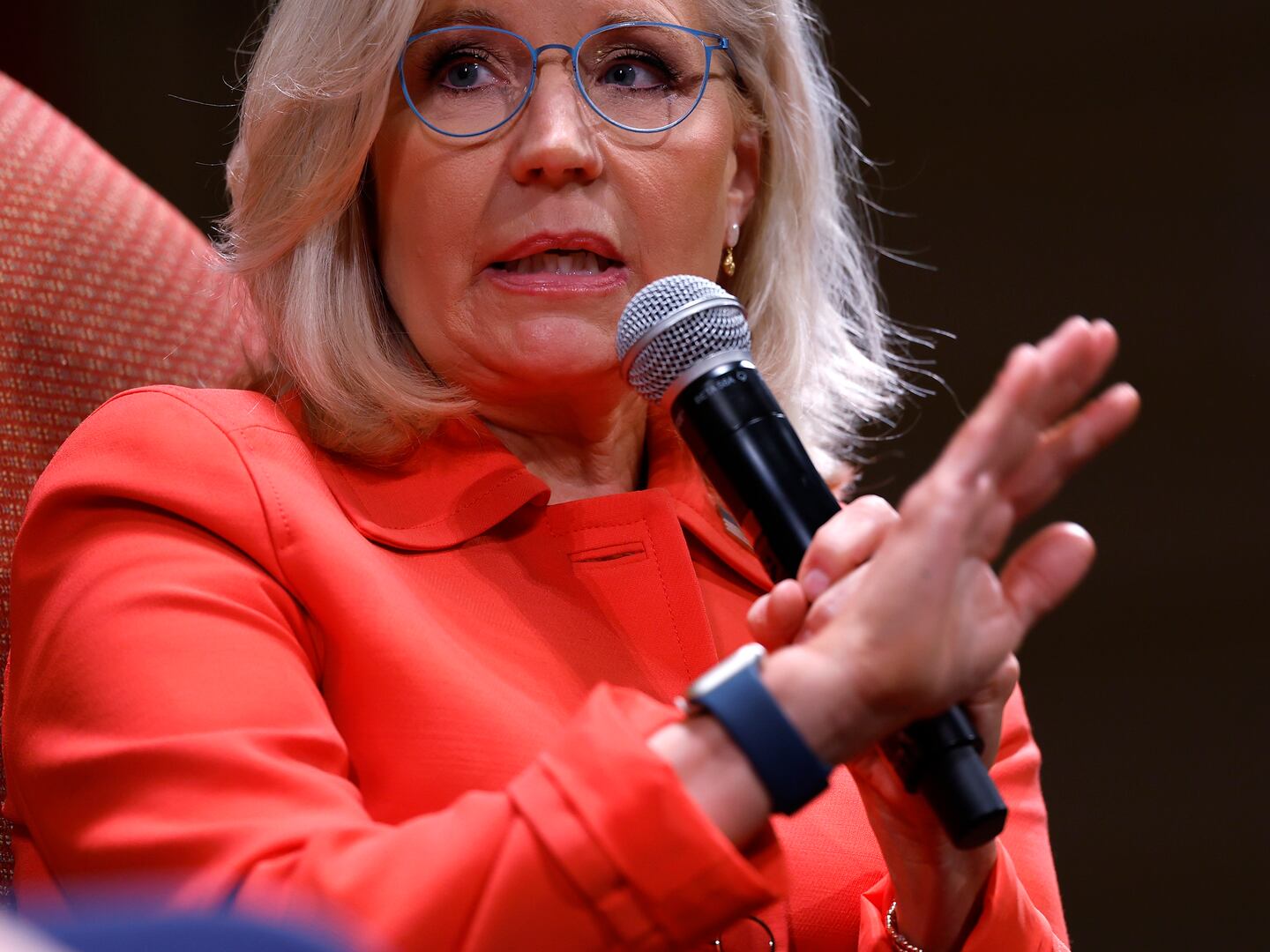Politics
Saul Loed
President Trump Accused of Ignoring Veterans—and Sending Omarosa in His Place
Veterans Affairs
Military veterans visiting the White House were given the cold shoulder by the commander-in-chief, who sent a former ‘Apprentice’ star in his stead.

Trending Now





